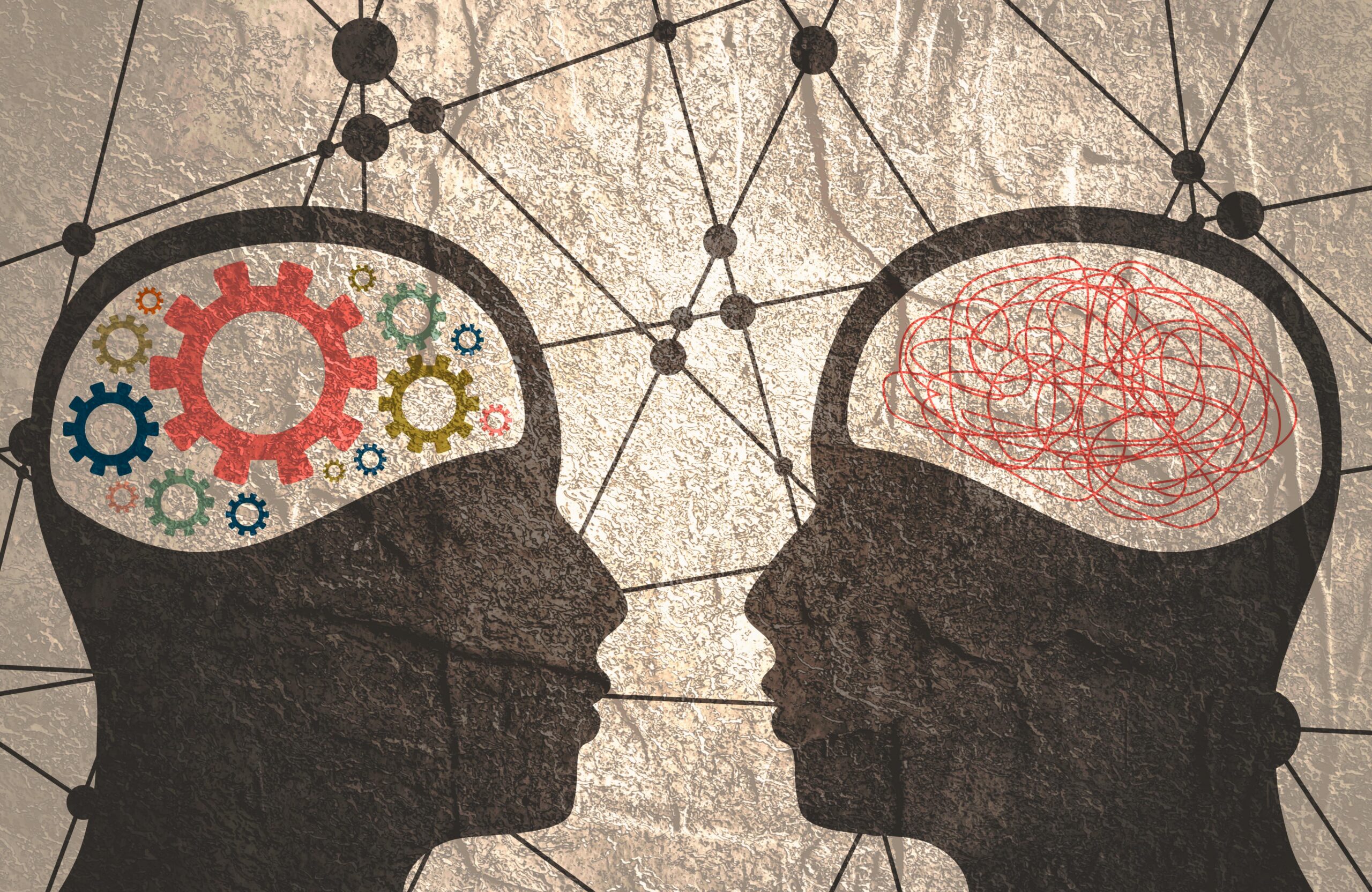Dual Diagnosis vs Co-Occurring Disorders: What’s the Difference?



With the many terms like dual diagnosis and co-occurring disorders it’s often difficult to figure out how to define a mental illness. Many often wonder, what is the difference between Dual Diagnosis vs co-occurring disorders. In this article, we will explain and explore the link between mental illness and substance abuse and the nature of addiction as a disease.
If you or a loved one is struggling with a dual diagnosis disorder, call us now at 470-280-2791 or verify your insurance.
The relationship between mental health disorders and substance abuse is multifaceted. Many individuals with conditions like depression, anxiety, bipolar disorder, or PTSD may turn to drugs or alcohol as a coping mechanism to alleviate symptoms or numb emotional pain. Unfortunately, this self-medication often leads to addiction, intensifying existing mental health issues and potentially triggering the emergence of new ones. It’s crucial to recognize and address the complex interplay between mental illness and substance abuse in the context of treatment and recovery.
Addiction is not simply a matter of poor choices or lack of willpower; it is a chronic, relapsing brain disease. Substance abuse alters the brain’s chemistry and neural pathways, disrupting normal functioning and leading to compulsive drug-seeking behavior despite negative consequences. Understanding addiction as a disease is essential for overcoming stigma and providing individuals with the compassionate, evidence-based care they need to recover and rebuild their lives.
Comorbidity refers to the coexistence of two or more disorders or illnesses in the same individual. People dealing with both substance use disorders and mental health conditions need treatment that addresses both issues together for the best results. Comorbidity is a term used when someone has both a mental illness and addiction, but it’s broader than that. It covers any situation where two disorders or diseases occur in the same person, like alcoholism and depression comorbidity. It could also be something like having Parkinson’s disease and an anxiety disorder. Comorbidity doesn’t always mean both disorders happen at the same time; sometimes, one starts when the other seems to fade away. With comorbidity, there is a link between the disorders and/or illnesses that affects how they progress and how they’re treated.
Distinguishing between these terms is essential for developing effective treatment strategies:
Dual Diagnosis: This term specifically denotes the presence of both a substance use disorder and a mental health disorder in the same individual. Dual diagnosis acknowledges the interconnected nature of addiction and mental illness, emphasizing the importance of addressing both components at the same time to promote sustained recovery.
Co-Occurring Disorders: Co-occurring disorders encompass a broader spectrum of simultaneous mental health and substance use issues. While commonly linked to mental illness, co-occurring disorders can also include diseases like HIV, cancer, or hepatitis C in individuals struggling with addiction. This term recognizes the complex interplay between mental health and substance use, necessitating thorough evaluation and treatment planning to address both aspects effectively.
Comorbid Diagnosis: A comorbid diagnosis means having both a chronic condition, such as depression, alongside addiction. Some conditions share common causes leading to comorbidity, while others directly result from existing conditions, creating interconnected health issues.
Every dual diagnosis case is unique. Although it can affect anyone, it’s most prevalent among individuals struggling with substance abuse. Common indicators of dual diagnosis include mood swings, inability to control substance use, continued substance use despite risks, and reliance on substances for functioning. Anxiety, bipolar disorder, PTSD, and other behavioral disorders are commonly associated with substance use disorders. The combinations of mental illnesses and substance use disorders leading to dual diagnosis are diverse, such as alcoholism and ADHD, marijuana addiction and schizophrenia, prescription drug addiction and anxiety, and meth addiction and psychosis.
Dual diagnosis also influences treatment modalities. Trying to quit substance use alone can be risky, highlighting the importance of supervised detox to ensure safe withdrawal. Since each dual diagnosis case is unique, treatment must be tailored to address both substance abuse and underlying factors contributing to dependency.
While co-occurring disorders are highly individualized, certain pairings are more prevalent, including:
As co-occurring disorders intertwine, struggles with one, like alcohol abuse, can exacerbate both conditions. Substance misuse can also amplify symptoms of depression, anxiety, or psychosis. Moreover, individuals with mood disorders or other mental health challenges frequently resort to alcohol or drugs for self-medication.
Dual diagnosis and co-occurring disorders present unique challenges in treatment due to the overlapping symptoms and complexities involved. Integrated treatment approaches that address both mental health and substance abuse issues simultaneously are crucial for achieving positive outcomes. These approaches may include medication management, individual and group therapy, behavioral interventions, and support services tailored to the individual’s needs.
Dual diagnosis and co-occurring disorders underscore the intricate relationship between addiction and mental health. At Hand in Hand Recovery Center, we’re committed to providing men with the resources and support they need to overcome these challenges and reclaim their lives. Our compassionate team provides personalized care, evidence-based therapies, and ongoing support to guide individuals towards lasting recovery and improved mental well-being. By addressing both addiction and mental health issues concurrently, we empower individuals to achieve holistic healing and build hopeful futures.
If you or a loved one is struggling with addiction and mental health issues, know that you’re not alone. Reach out to us today to take the first step towards recovery and transformation.